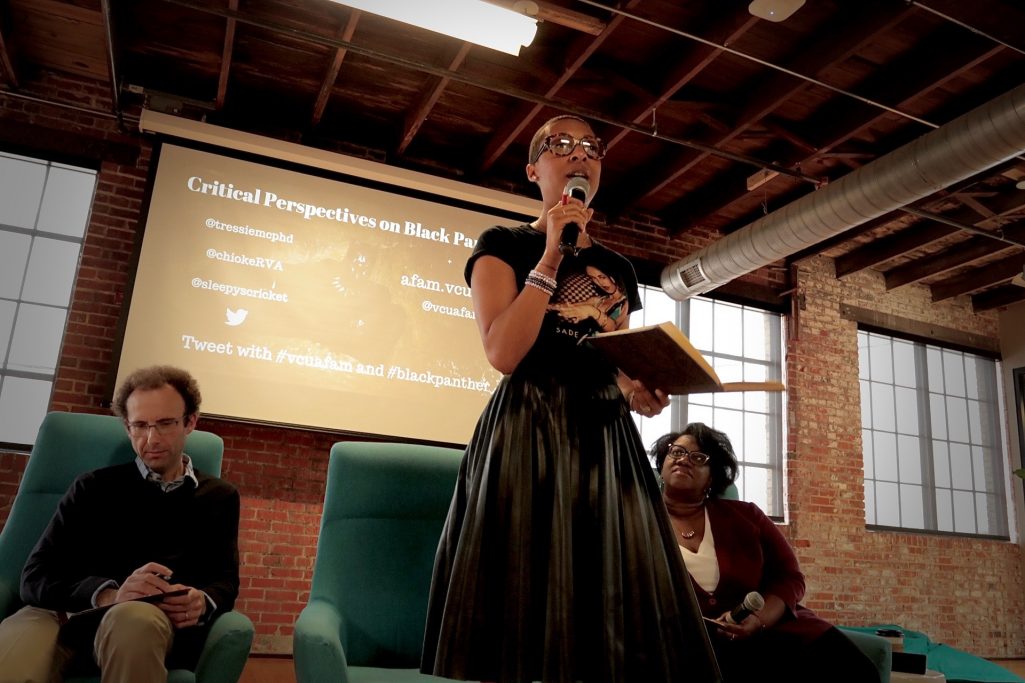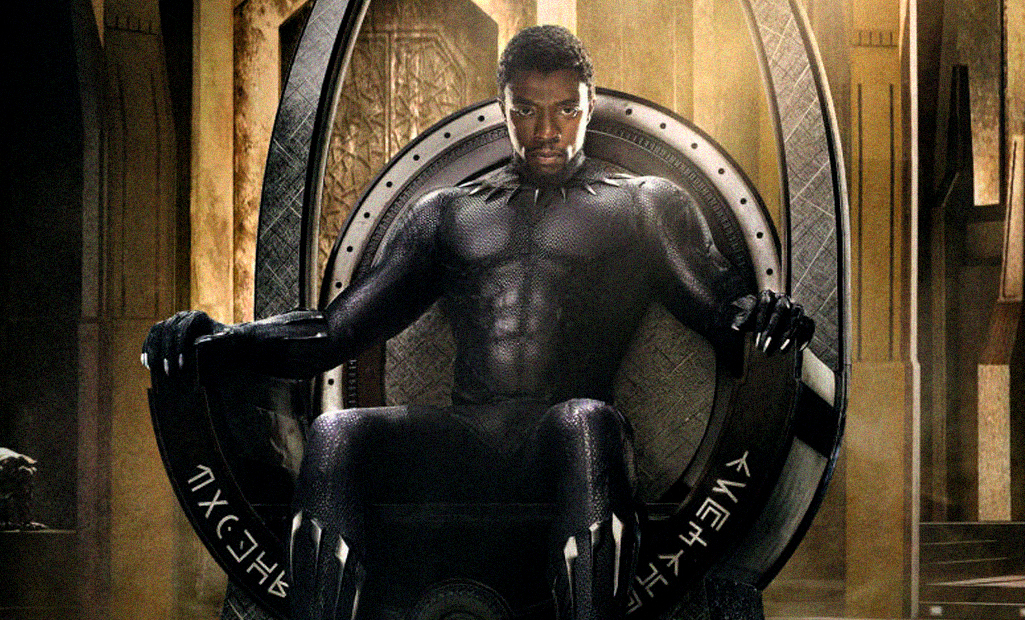Current Marvel Comics Editor-in-Chief, C.B. Cebulski, recently commented that comics should not be political; instead, they should remain what mainstream media depicts them as: entertainment. After inevitable backlash, the predictable backpedaling began. “One of the...





